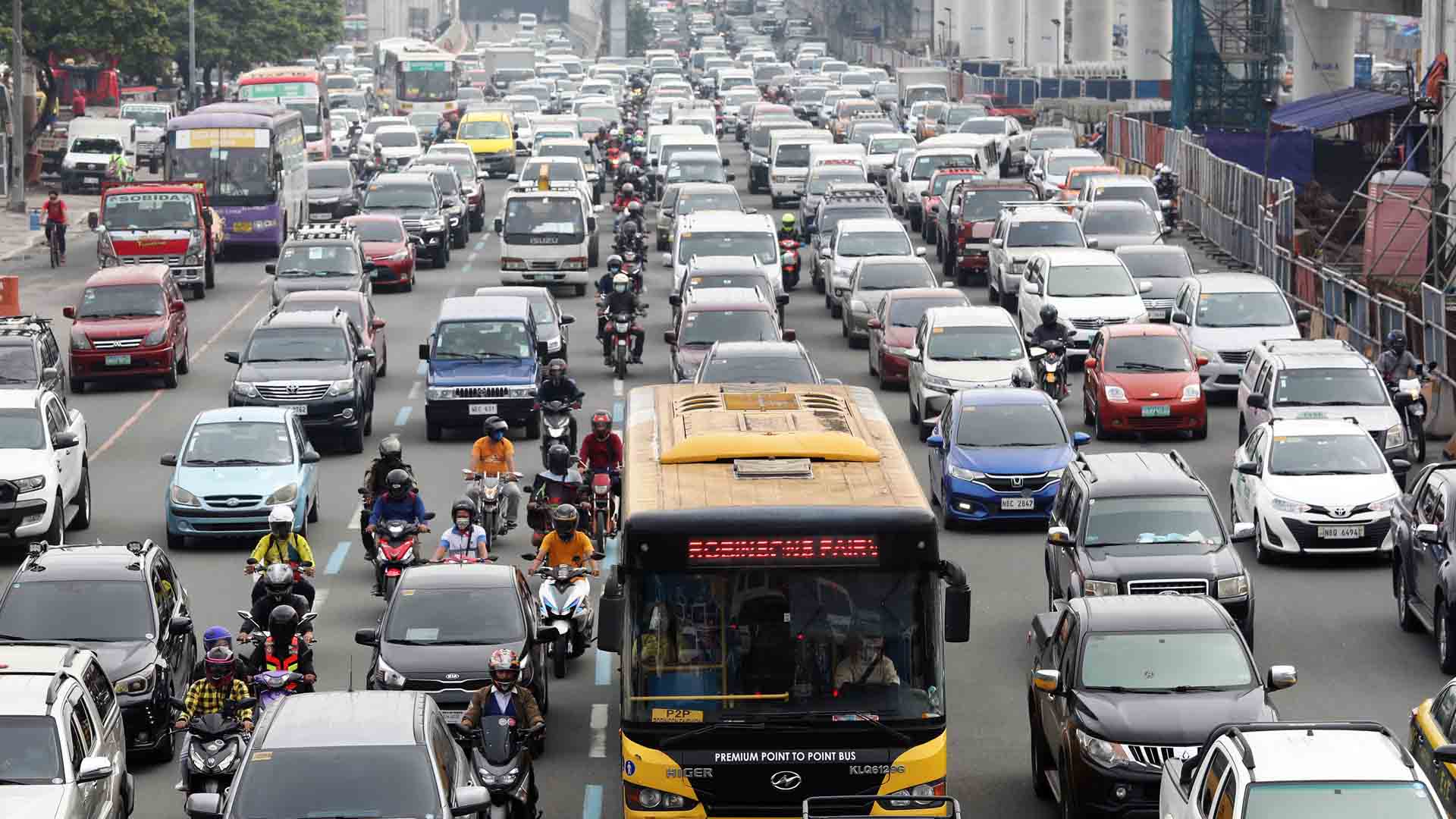Following the implementation of cashless fare payments among Metro Manila buses and public utility vehicles (PUVs), the Department of Transportation (DOTr) and the Land Transportation Franchising and Regulatory Board (LTFRB) are now directing operators to stop charging commuters for the smart cards being used to facilitate transactions.
DOTr through LTFRB is set to release a memorandum circular that will mandate all concessionaires of Automated Fare Collection System (AFCS) to subsidize system costs of cashless transactions, said Assistant Secretary for Communications and Commuter Affairs Goddess Hope Libiran.
“Passengers should only be responsible for paying their load or fare for each trip. Sinabi ni Secretary Art Tugade na isa sa pinakamatinding tinamaan ng pandemya ang mga komyuter, pagbabayarin pa nila?. Sec. Tugade said they should be spared from the burden of having to pay the price of the beep card on top of their fares. This is the position of DOTr,” Libiran said.
Libiran clarified that PUV operators choose what AFCS they will use in their operation, following the directive of the LTFRB for them to implement cashless transactions in public transport. In the case of EDSA Busway, Mega Manila consortium, which is composed of the bus operators plying the route, chose AF Payments Inc. Beep Cards for their AFCS since the card was already being used by the Metro Rail and Light Rail Transits and the Philippine National Road (PNR).
“LTFRB did not require a specific AFCS. PUV operators solely decide on which system to use in their units. Also, cashless system in public transport is not limited to the use of cards, some PUVs have been using other payment methods such as GCash, PayMaya, Squidpay and even QR codes, among others,” she added.
DOTr and LTFRB is currently in discussion with the Mega Manila Consortium and AF Payments Inc. to come up with a solution to resolve the financial burden on commuters. She added that the agency is lobbying for AF Payments to shoulder all cost for the cards, and to lower the minimum load fare or to even allow passengers to load whatever amount.
The EDSA Busway System, along with some modern PUVs, began collection of fares last Thursday through the use of Beep Cards to facilitate the transition towards a cashless payment system. However, many passengers were quick to report that the additional P30 to P50 cost of the stored value cards for the EDSA Busway, on top of the minimum fare load, was burdensome on their part as returning workers and employees.
Libiran also warned Beep card sellers to properly disseminate information among public transport users. She advised commuters to purchase only from authorized sellers as their agency have been receiving reports from passengers mentioning sellers declaring that existing cards were not allowed on the EDSA Busway.
“Beep cards that have been bought prior the implementation of the busway system can still be used on EDSA buses, along with other PUVs using Beep’s system,” she clarified. “They can be purchased with a one-time card fee and are reloadable.”
“During the pandemic, the DOTr is encouraging the implementation of a cashless system as part of added measures to protect the health and welfare of commuters,” emphasized Libiran. “Limiting the passing of fare or change between commuters can be a mode of combatting the spread of the virus during the pandemic.”







